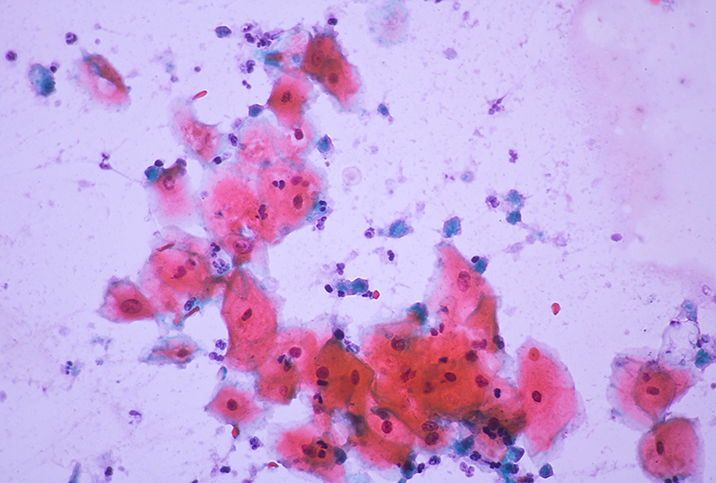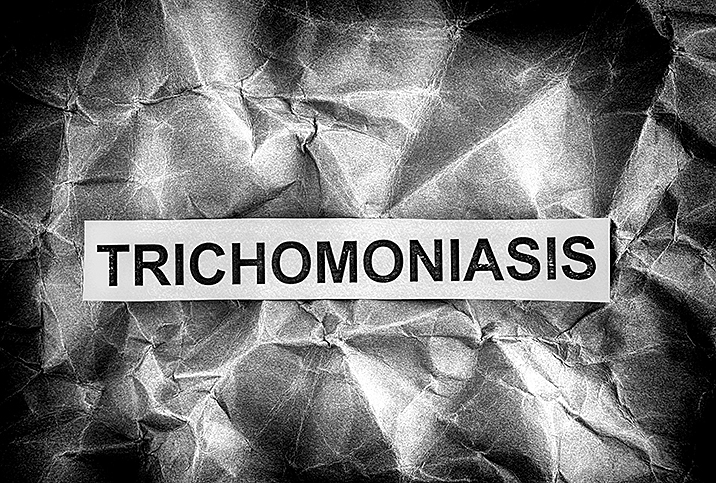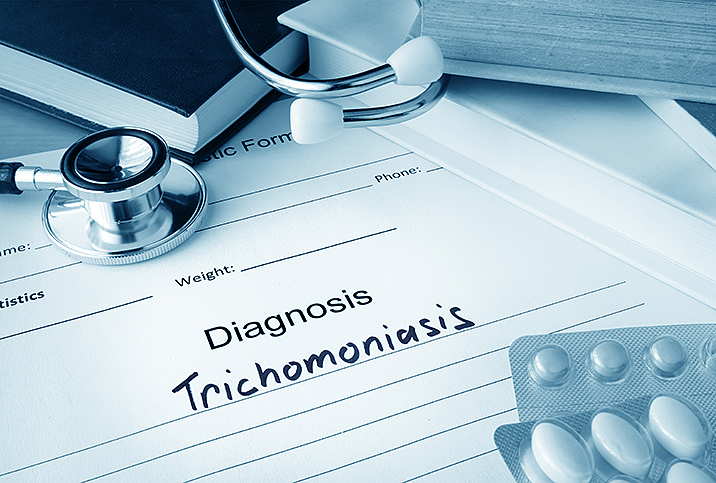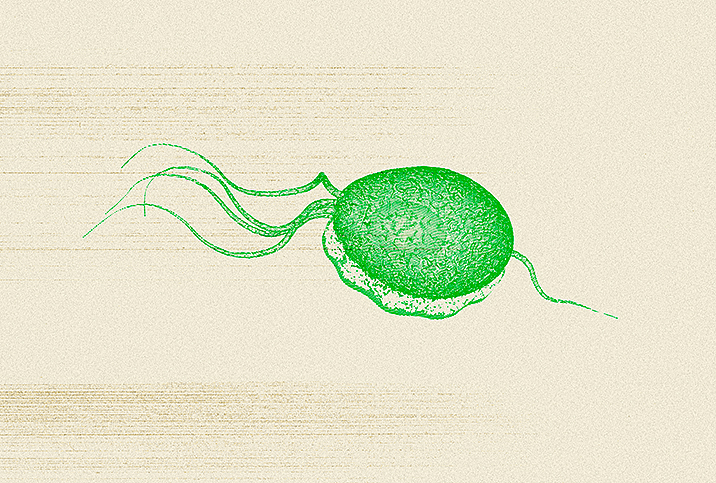Spot and Stop Trichomoniasis, the Sexually Transmitted Parasite

In 2018 alone, the Centers for Disease Control and Prevention (CDC) estimated there were more than 2 million cases of trichomoniasis, or trich, a very common sexually transmitted disease (STD).
"Trich is caused by a parasite called Trichomonas [vaginalis] that spreads very easily during sex. The parasite is carried in sexual fluids, like semen, precome and vaginal fluid," said June Gupta, senior director of medical services at Planned Parenthood Federation of America.
In general, women get trich more often than men, and older women are more susceptible than younger women. African American women are more affected than white and Hispanic women.
Early signs and symptoms
Most people who have trichomoniasis do not have any symptoms—research indicates that as few as 30 percent of people with trich have signs of the STD—and, therefore, don't know they have it. However, Gupta noted that some women may experience irritation of the genitals, especially the vulva, vagina, urethra and cervix.
Asia Sullivan, a physician assistant in Los Angeles specializing in internal and sexual health, added that the classic symptoms of trich include:
- Yellow, green, gray or whitish vaginal discharge that can be described as frothy and odorous
- An increased need to pee and a burning sensation during urination
- Genital pain during sex and possible bleeding afterward
- Irritation of the genital skin, including redness and soreness.
"Unusual or different discharge from the vagina or penis can also happen, as well as painful or frequent urination. It's important to remember that other infections can feel like trich, so the only way to know for sure what's going on is to see a nurse or doctor," Gupta said. "The good news is trich is easily cured with medicine."
Trichomoniasis also shows up in men's urethra, as well as the prostate. They may experience itching that feels like it's inside the penis and produce white discharge. Like women, men will also feel the need to urinate more often than usual and then painful urination, as well as painful sex.
Detect it early
Gupta recommended getting tested if any signs of trich appear. Testing is done by taking a urine or discharge sample and checking for evidence of the trich parasite. This can be quick, but more often, a culture needs to be developed to give the parasite the ability to grow and become more visible.
Your doctor may also suggest a nucleic acid amplification test (NAAT), as well as a more wide-ranging STD test to make sure you don't have chlamydia or gonorrhea.
"Trichomoniasis may seem kind of scary, especially because it's so easy to spread. The good news is trich is easy to treat and doesn't usually cause serious health problems," Gupta said.
However, Sullivan noted that trich infection can make you more susceptible to contracting other sexually transmitted infections (STIs), including HIV and hepatitis.
Gupta warned that if a woman has untreated trich during pregnancy, the baby may have a low birth weight.
"In pregnant women, it can also cause preterm labor and other complications to the fetus," she added.
Though rare, it is also possible for a baby to develop trichomoniasis as they pass through the birth canal.
Treatment and prevention
Antibiotics are the general treatment for this infection:
- Metronidazole is used to treat bacterial infections in different areas of the body, including the vagina. Brand names include Flagyl and Nuvessa.
- Tinidazole is used to treat infections caused by protozoa. It is also used to treat vaginal infections such as bacterial vaginosis. Brand names include Tindamax.
"If you're getting treated for trich, you should make sure to take all of your medication as prescribed by your doctor, and suggest your partner [or partners] get tested," Gupta recommended. "Also, if you're getting treated for trich, you should not have sex again for about a week after you finish your medicine. It takes that long for the medicine to work to get rid of the trich in your body. When you get the medicine, ask your nurse or doctor when it would be OK to have sex again."
Trichomoniasis is spread through sexual fluids, so avoid any kind of genital touching or sharing of sex toys.
"Using condoms is the best way to lower your risk for STDs during vaginal and anal sex," Gupta said. "Many people with trich don't have any symptoms, but they can still spread the infection to others. So using condoms and practicing safer sex is the best way to prevent trichomoniasis, even if you and your partner seem totally healthy."
Sullivan also recommended people get STI screenings every three months, especially if they're nonmonogamous.
Trichomoniasis is a common STD, but it shouldn't be ignored. It's important to notice symptoms or irregularities, treat any problems and protect your health, as well as your partner's.


















